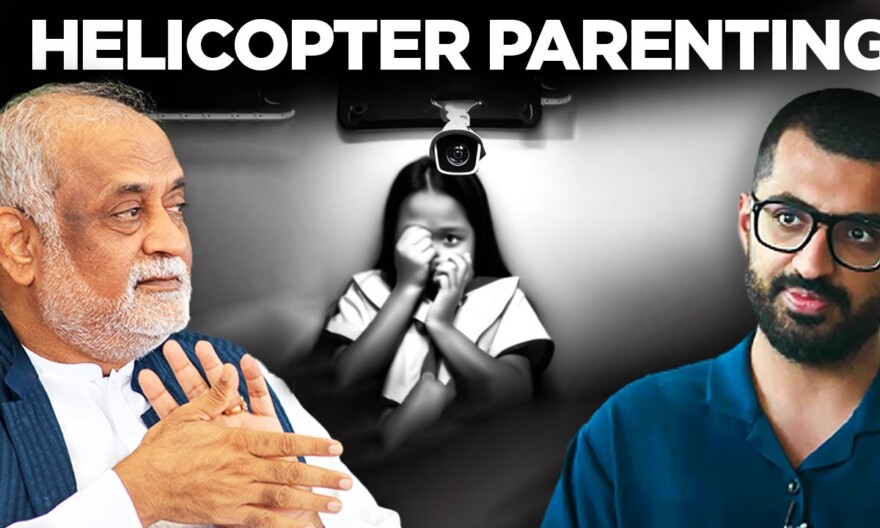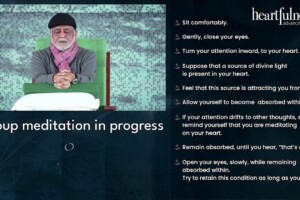
In today’s world, CCTV monitoring has become a popular parenting tool embraced by many parents to keep an eye on their children’s safety. However, have you ever wondered about the long-term effects of this constant surveillance on your child’s growth and development? In this blog post, we will explore the impact of CCTV parenting and its potential implications on your child’s mental, emotional, and physical well-being. Let’s delve deeper and see whether this parenting trend is really worth the hype.
Introduction:
As parents, we all want the best for our children. We strive to keep them safe, healthy, and happy. However, in this technology-driven world, there have been increasing concerns about the impact of constant monitoring on a child’s growth. CCTV parenting, where parents use cameras and other surveillance tools to monitor their children’s every move, has become increasingly common in recent years. While it may seem like a good way to keep our children secure, the long-term effects of this type of parenting can be detrimental. In this article, we will delve deeper into the impact of constant monitoring on a child’s growth and explore alternative ways to ensure our children’s safety and well-being.
The Negative Impact of Constant Monitoring:
Contrary to popular belief, constant monitoring can be harmful to a child’s development. Here are some of the negative effects of CCTV parenting:
-
Lack of Privacy and Trust: CCTV parenting can make children feel like they are under constant surveillance, which can lead to feelings of anxiety, mistrust, and even resentment towards their parents.
-
Stunted Growth of Responsibility: When children are constantly monitored, they may not develop a sense of responsibility because they are not given the freedom to make their own choices and learn from their mistakes.
-
Inhibition of Creativity: Constant monitoring can inhibit a child’s creativity because they are not given the freedom to explore and experiment in a safe and nurturing environment.
-
Decrease in Emotional Intelligence: CCTV parenting can lead to a decrease in emotional intelligence, as children are not given the opportunity to develop relationships based on empathy and understanding.
Alternatives to Constant Monitoring:
While it is important to ensure our children’s safety and well-being, there are alternative ways to achieve this without resorting to constant monitoring. Here are some ideas:
-
Communication: Instead of relying on cameras and other surveillance tools, try communicating openly and honestly with your children. Encourage them to talk to you about their feelings and concerns, and be willing to listen without judgment.
-
Trust: Trust your children to make good decisions. When they make mistakes, use it as a learning opportunity rather than a punishment.
-
Boundaries: Set clear boundaries with your children. This will help them understand what is expected of them and give them a sense of security.
-
Mindfulness: Practice mindfulness and meditation as a family. Heartfulness Meditation, which can be accessed for free on Android and iOS devices, is a great way to bring peace and tranquility into your home.
-
Encourage Independence: Encourage your children to be independent by giving them age-appropriate tasks and responsibilities. This will help them develop a sense of confidence and self-reliance.
FAQs:
-
Is Heartfulness Meditation only for adults?
No, Heartfulness Meditation is suitable for all ages, including children. -
Who is Daaji, and what is his connection to Heartfulness Meditation?
Daaji is the guide of Heartfulness Meditation, and he offers insights into how to incorporate mindfulness into our daily lives. He also speaks about balancing children’s security and freedom in a video available on Heartfulness websites. -
Where can I find more information about Heartfulness Institute’s tree conservation initiative in India?
You can find more information about this initiative on the Heartfulness Institute’s website and social media accounts. -
Where can I buy “The Authentic Yoga” book?
“The Authentic Yoga” book is available on Amazon US and India. -
How can I subscribe to Heartfulness Magazine?
You can subscribe to Heartfulness Magazine in both digital and print formats on their website or through their social media accounts.
Conclusion:
While CCTV parenting may seem like a good way to keep our children safe, the long-term effects on their growth and development can be detrimental. Instead of constantly monitoring our children, we can encourage open communication, trust, and independence, and practice mindfulness as a family. By doing so, we can create a safe and nurturing environment where our children can thrive and grow.





